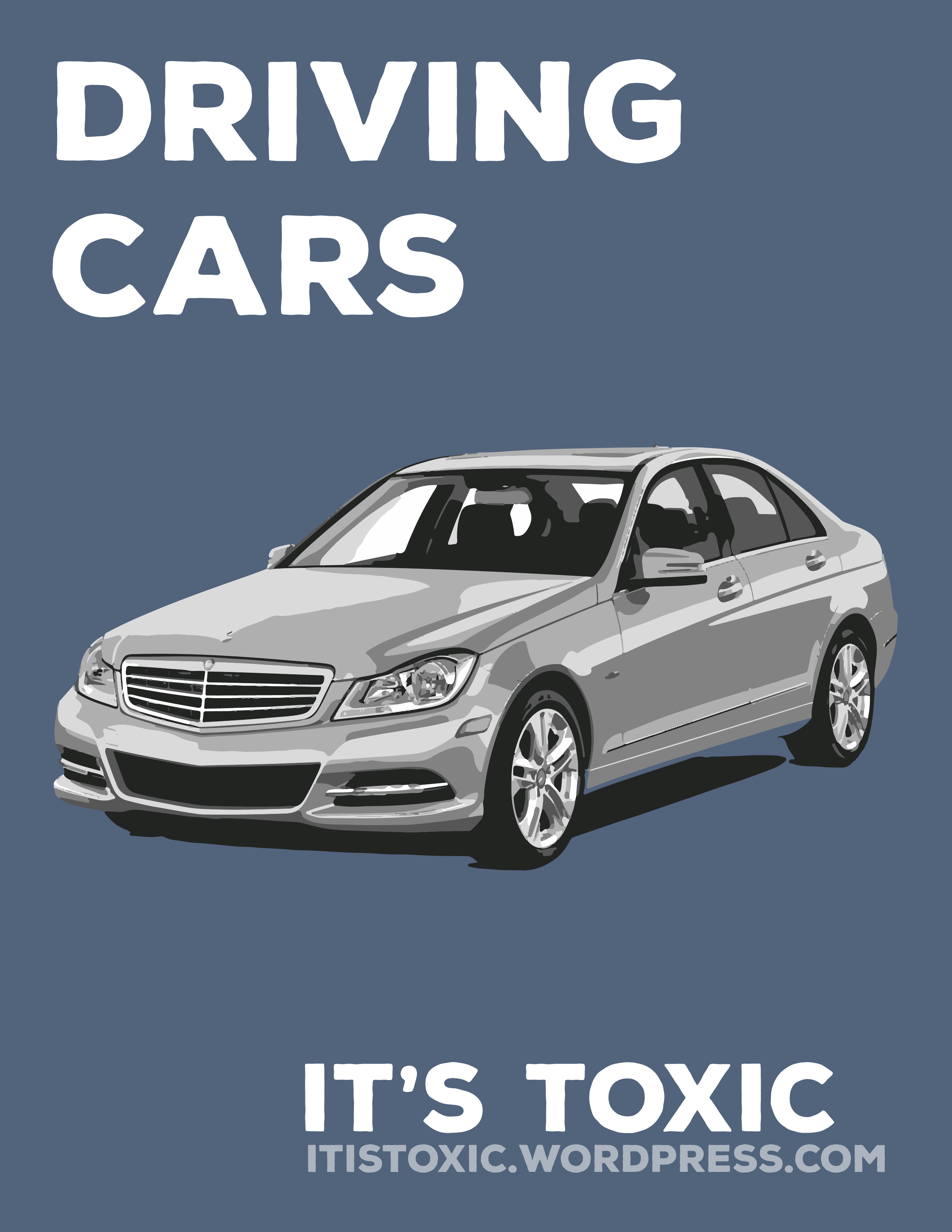Cars were first invented and produced in Germany and France in the late 1800s. During the first half of the twentieth century, Americans quickly dominated the automotive industry. Today, 93% of Americans own a car. And we love to drive them. Owing a car is pure convince. Going from point A to point B can be accomplished so much faster in a car than by foot. Most of the time, when we think about biking or walking instead of driving, the only reason is to save money. In reality, we should reduce driving because of the harm cars cause the environment.
What’s wrong with cars?
Cars, and other transportation vehicles, are the largest air pollutant in the United States. In 2016, 1.9 billion tons of carbon dioxide emissions were emitted from transportation. The smog, carbon monoxide, and other toxins cars emit contribute to global warming. Air pollutants from cars are a more immediate health concern than industrial smokestacks because vehicle toxins enter the air at street level and are directly breathed into lungs.
Automotive production also harms the environment. A variety of materials like steel, rubber, glass, plastics, and paints must be produced to build a single car. Aside from the production itself, the materials are then left in landfills after a car is no longer in use.
According to The Guardian, “the Trump administration is reviewing or tearing up regulations that would set tougher emissions standards for car and truck companies. Republicans in Congress are also pushing new fuel economy rules they say will lower costs for American drivers but could also weaken emissions standards.”
Cleaner Vehicles
To clean up the air damaged by automotive vehicles, it is important to clean up the vehicles themselves. When buying a new car, check the fuel economy and environment label. High ratings equal low pollution levels. Keeping your vehicle well-maintained, with regular tune-ups and tire checks, will also aid in reducing air pollutants.
Walking and Biking
The best thing you can do to help reduce global warming from greenhouse gasses is stop using your car, especially for short trips. It’s easy to hop in the car when you’re trying to get to class on time, but trips of under a mile add up to about 10 billion miles per year. If we walked instead of drove for even just half of our short-distance trips, we would save 2 million metric tons of CO2 emissions per year. Walking instead of driving has several additional benefits –– you’ll save money and improve your health as well.
Resources:
- Washington Post: “Trump administration sees a 7-degree rise in global temperatures by 2100”
- History: “Automobile History”
- EPA: “What if we kept our cars parked for trips less than one mile?”
This post is one part of a blog written for Dr. Philip Patterson’s Feature Writing class.











Be First to Comment